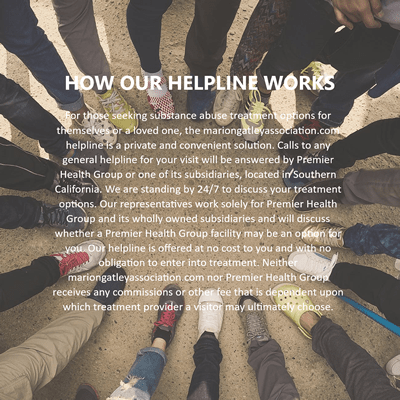After leaving an addiction treatment center, early recovery can be overwhelming. Every thought is catalogued, every craving discussed, every mistake mulled over. Sometimes, in the midst of this constant self-examination, people just want to get outside of themselves and find a healthy distraction to help them get through the day. Volunteering in the local community is an excellent way of giving back, restoring confidence and self-esteem, and making a positive difference in the lives of others.
Volunteering empowers those in recovery to hone their skills and move toward employment. Choosing to volunteer creates some structure in the recovering person’s life. They must show up at the scheduled time each week or month, challenging them to stay on track and stay sober. Volunteering opportunities also tend to offer hard and soft skills for volunteers. For example, a person in recovery can learn soft skills by showing up on time, interacting with others in a positive way, and working diligently; and they can learn hard skills such as gardening, food preparation, tutoring, and more. These skills help prepare those in recovery to join the workforce and seek employment. Volunteering can also result in references for future job applications, and in some cases even leads to part-time or full-time jobs.
On top of practical job or work skills, volunteering provides emotional well-being. As someone in recovery continues to learn and grow in their volunteering, their self-esteem and pride will grow with them. After going through an addiction recovery facility, they’re on the road to recovery and are giving back to society in a meaningful way. Volunteer work can confer a great sense of worth on people, and that sense of worth, in turn, spurs them on to uphold their sobriety.
Finally, volunteering can broaden a person’s community and improve their health. A volunteer group is a great place to meet sober friends outside of drug rehab and develop friendships with people who live healthy lifestyles. These friendships can be a great influence on those in recovery and encourage them to maintain sobriety. Volunteering also has physical health benefits for volunteers; a study from the Corporation for National and Community Service found that volunteers have lower depression and mortality rates. Though volunteering is usually touted as a selfless act, in truth, the volunteer benefits enormously from volunteer work.
If you or someone you love is addicted to drugs or alcohol, please call or email our caring representatives today, and Intervention Drug Rehab Association will be there for you every step of the way. Our compassionate and experienced staff treats dual diagnosis, including disorders such as depression and anxiety, and support and supervise each client through the safe detoxification process. During treatment, clients benefit from attending individual and group meetings, doing the work to understand the root cause of their addiction, and connecting with other people in recovery. After treatment, clients will have the skills they need to fight cravings and avoid relapse. Please contact us today to begin laying a foundation of lifelong sobriety and wellness.



